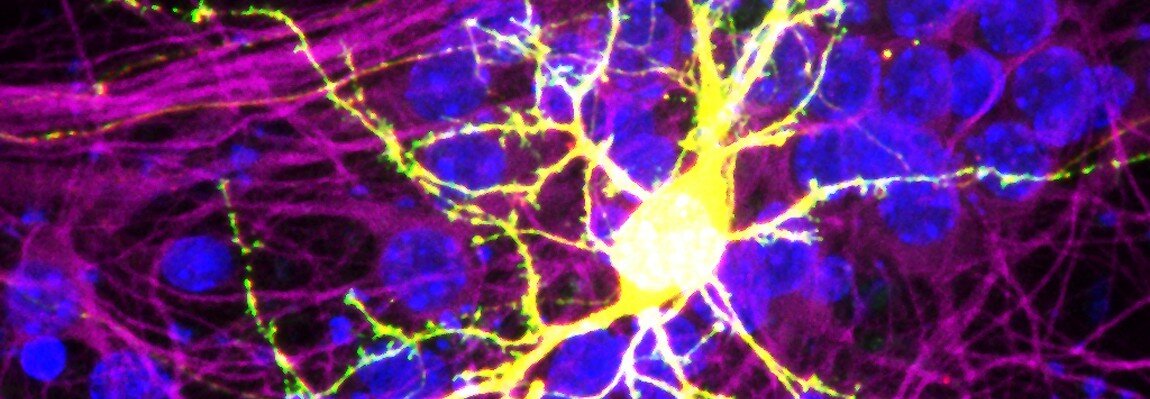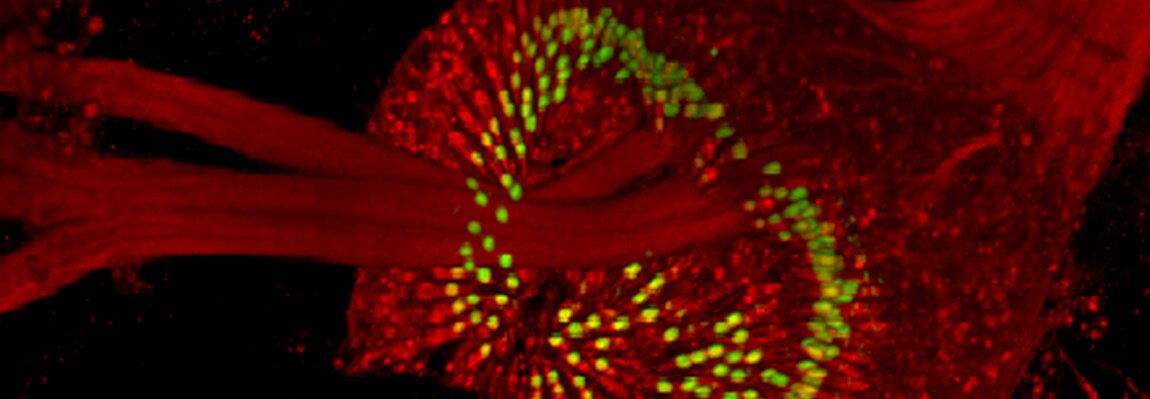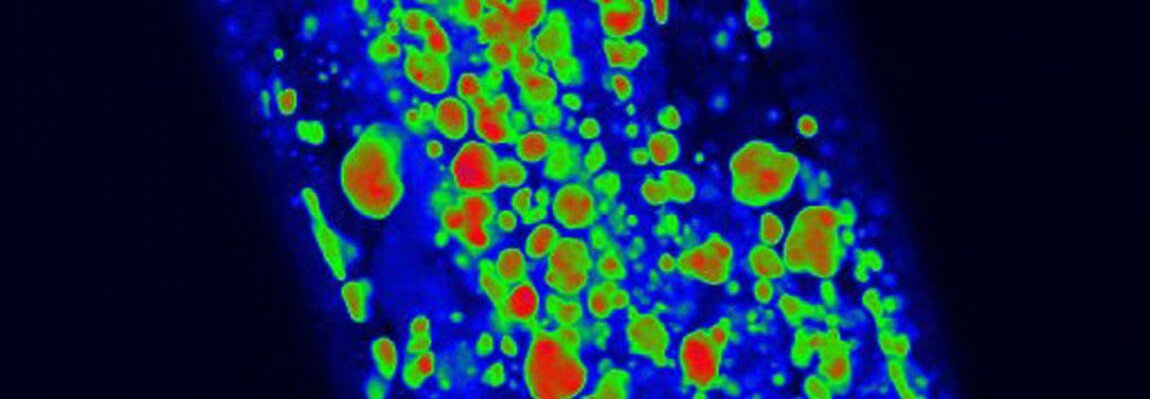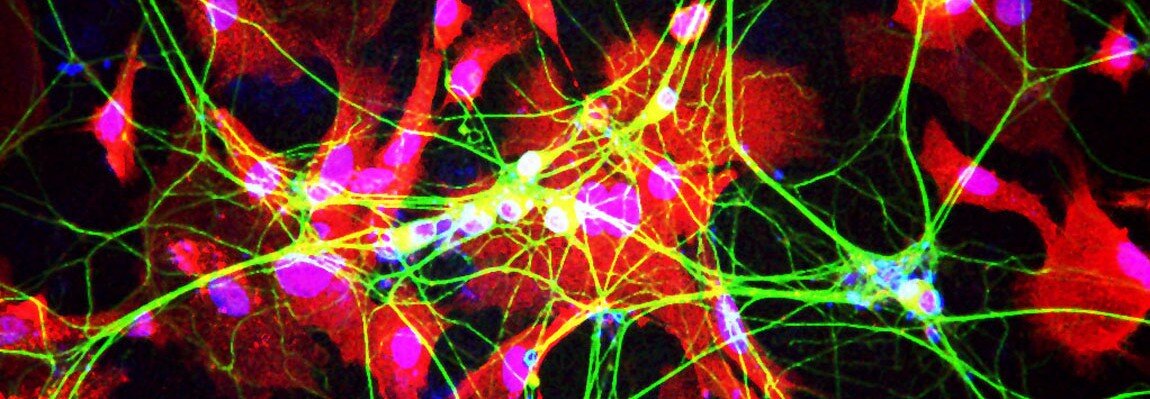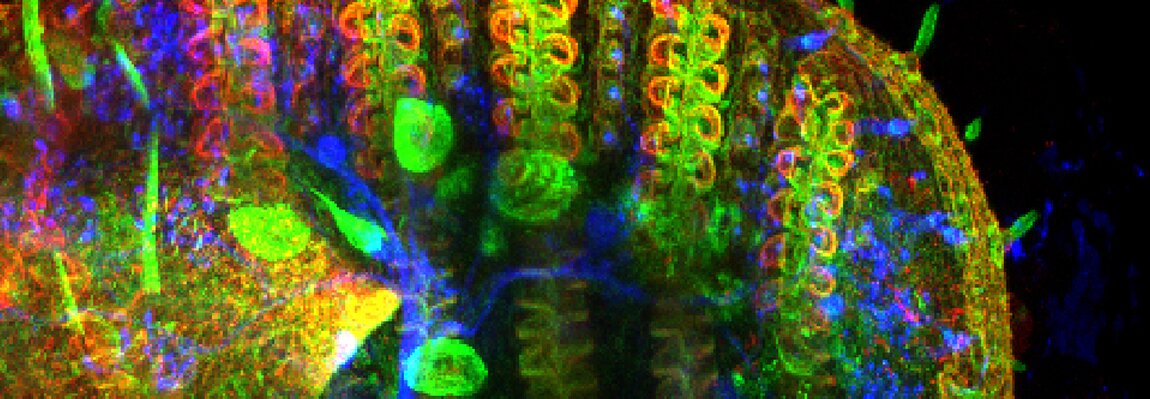PhD Program
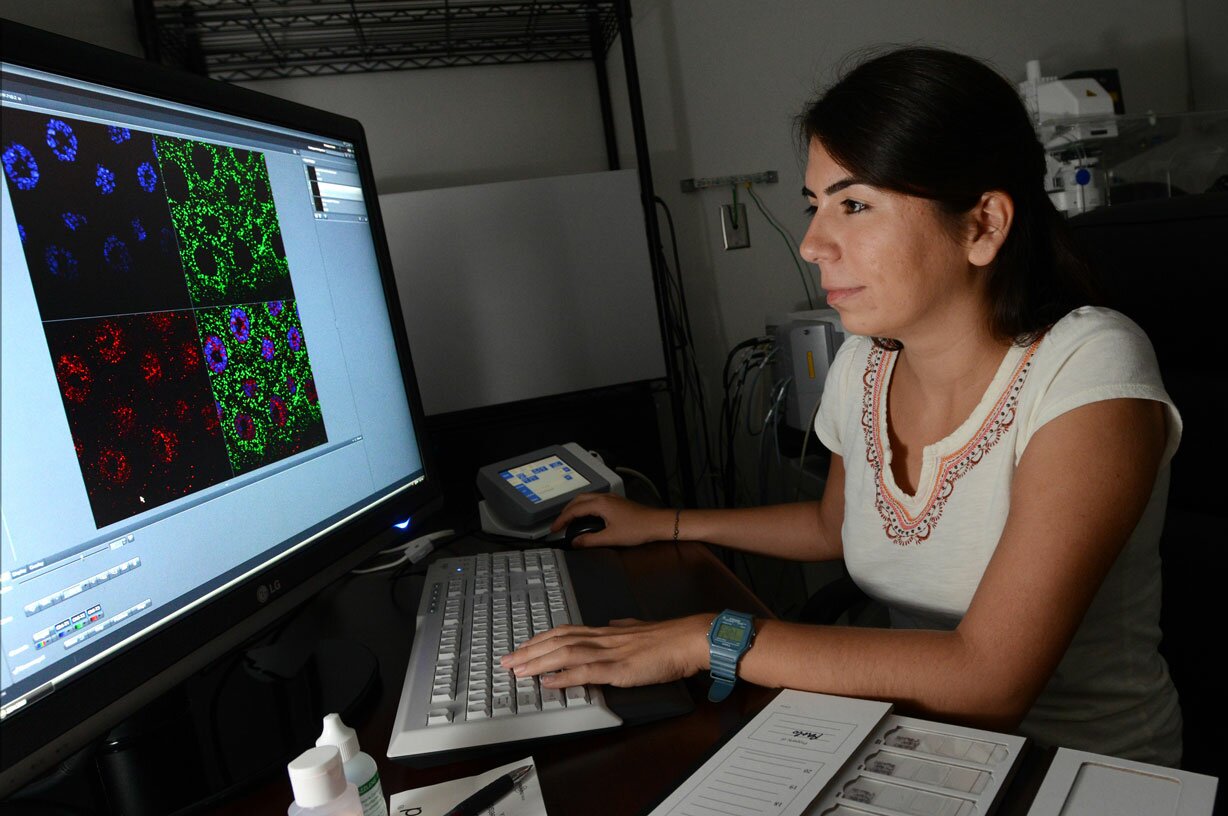
Each year, 8–10 students join the program. Because of the program’s commitment to excellence, it favors a low student-faculty ratio.
Admissions
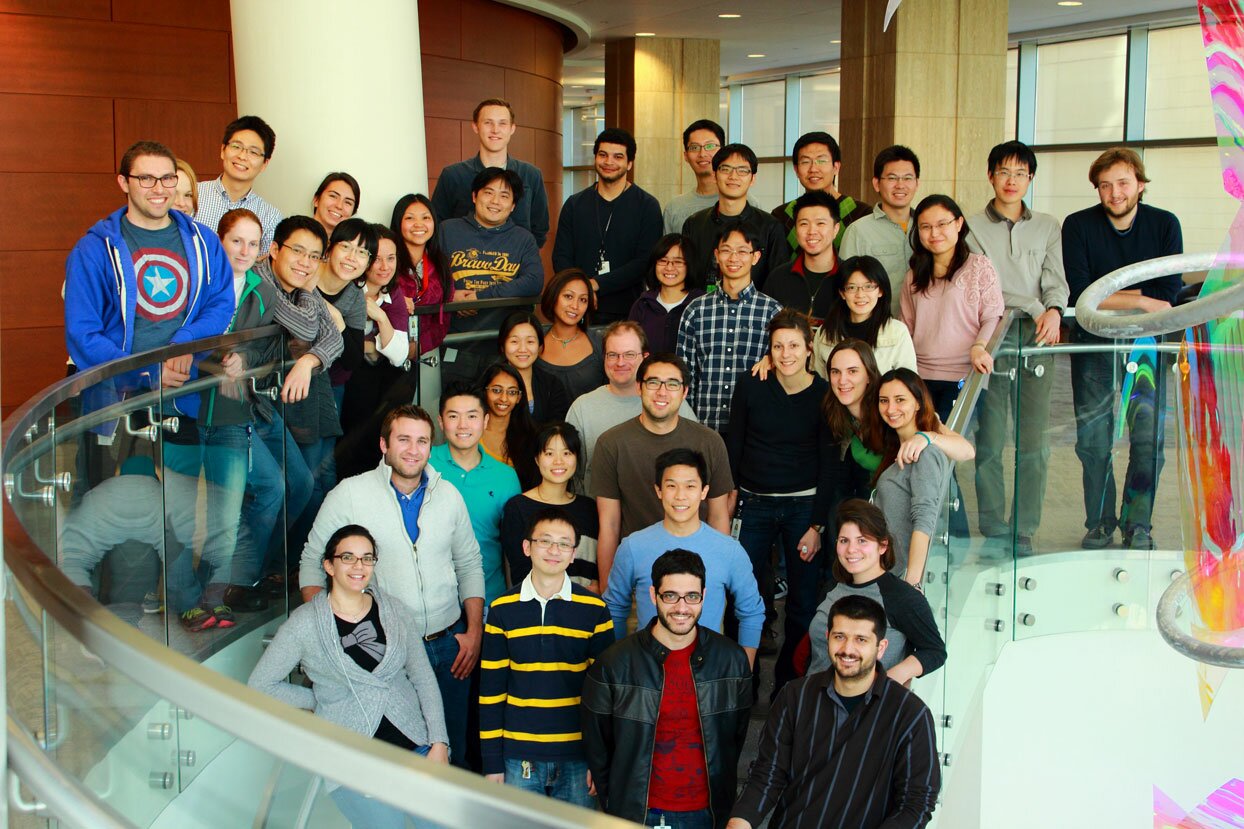
Applications must be complete by January 1 and should be accompanied by transcripts, three letters of recommendation, and a statement of research interest and career goals.
The DB Program is an interinstitutional and interdepartmental graduate program with faculty from four institutions, including Baylor College of Medicine, the University of Texas M.D. Anderson Cancer Center, the University of Texas Health Science Center-Houston, and Rice University. The DB Program provides a wide spectrum of exciting research possibilities and broad cross-disciplinary training. In order to understand how a single cell develops into a complex organism, the program laboratories use molecular biology, cell biology, biochemistry, imaging, physiology, genetics, and genomics. Studies of organisms as diverse as social molds, worms, flies, frogs, chickens, fish, mice, and humans are conducted using a wide variety of approaches, instruments, and techniques of modern biological research. Members of the DB Program study basic biological mechanisms of direct and fundamental relevance to human development, disease, and stem cell therapy. This allows students to unravel the principles and mechanisms that guide embryonic development, the maintenance and differentiation of stem cells, the differentiation of adult cell types, regeneration of organs and tissues, and the mechanisms underlying aging and neurodegeneration. The major research interests are neurobiology; cancer biology; cell death; aging; neurodegenerative and other human diseases; stem cell biology; gene therapy; reproductive development; oogenesis; skin, muscle, heart, blood, kidney, liver, bone, limb, ear, and eye development; cell lineage specification; and plant differentiation.

